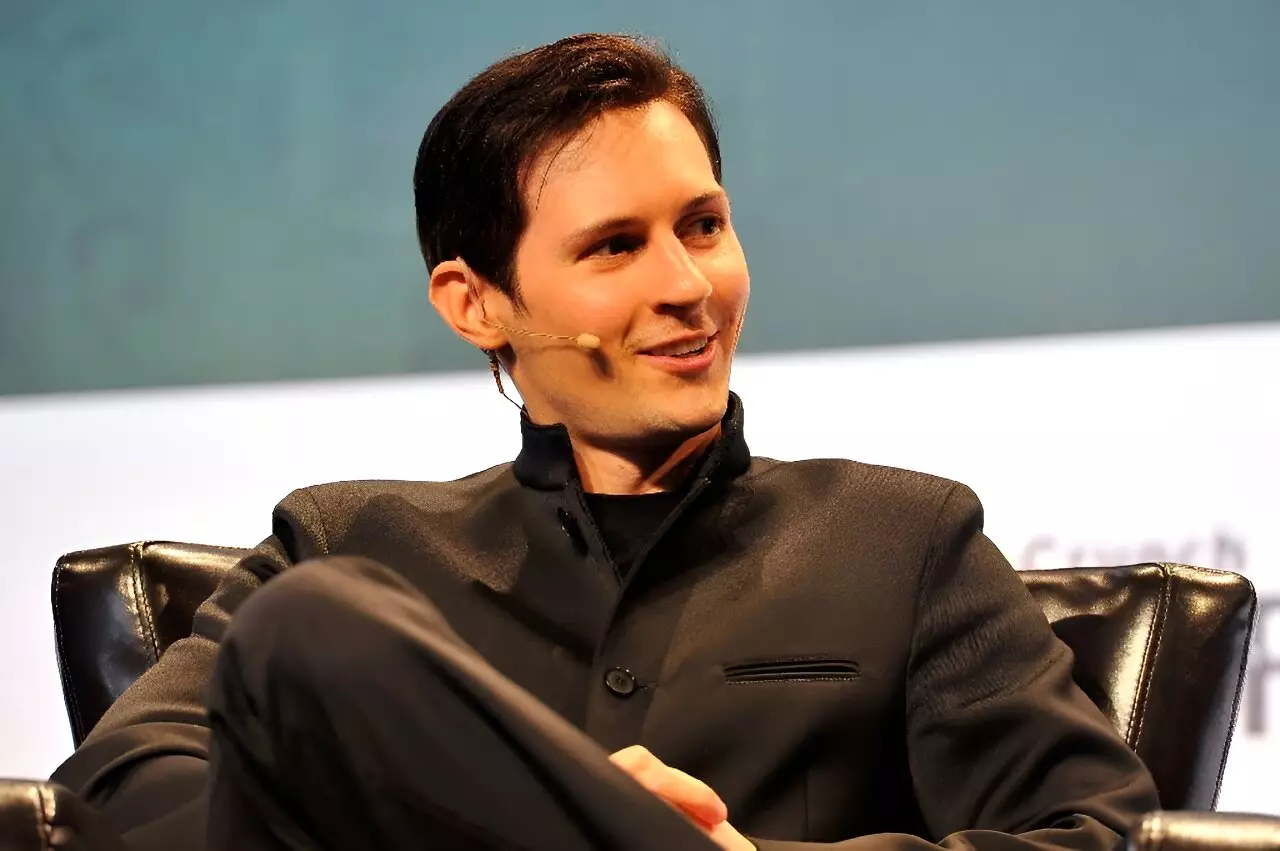The evolving landscape of digital communication platforms is constantly under scrutiny as institutions grapple with the dual challenges of preserving user privacy while curbing illicit activities. A recent incident involving Pavel Durov, the founder and CEO of Telegram, underscores these tensions. Following his arrest in France amidst allegations of failing to tackle criminal elements exploiting the messaging app, Durov announced significant modifications to Telegram’s framework aimed at addressing these pressures head-on.
Durov’s arrest on August 24, while arriving in France, has been a pivotal moment for both him and Telegram. Faced with serious allegations related to extremist content, he was detained for questioning but released on bail, contingent upon his compliance with stringent regulatory measures. His plural citizenship, holding Russian, French, and UAE passports, has added a layer of complexity to his circumstances, impacting not only his personal freedom but also the operational integrity of Telegram itself. The unique position Durov finds himself in highlights the intersection of technology and law, particularly as governments ramp up their efforts to regulate online platforms.
In an attempt to regain public confidence and respond to governmental scrutiny, Durov has publicly acknowledged Telegram’s shortcomings in content moderation. He revealed that the platform had tasked its staff with meticulously combing through data using artificial intelligence to expunge problematic content linked to illegal transactions. This proactive approach not only demonstrates a commitment to adhering to legal standards but also serves as a crucial step toward establishing a safer digital environment for its estimated one billion users. The implications of these changes suggest a shift in Telegram’s operational ethos towards greater accountability.
Further amplifying this commitment, Durov detailed updates to Telegram’s terms of service and privacy policy. According to him, the sharing of personal data with law enforcement—including IP addresses and phone numbers—will occur in response to legitimate legal requests. This decisive shift toward transparency aligns with broader trends in tech governance, emphasizing the importance of ethical practices while balancing user privacy with societal safety. Durov’s stance highlights an essential realization: the platform cannot afford to shield users who exploit its services for criminal purposes without facing consequences.
Looking ahead, Durov appears to be setting a new tone for Telegram in the face of external pressures. With plans to develop features that highlight legitimate businesses over potential scams, he has affirmed a commitment to enhancing modulative practices. This initiative will not only help clean up the platform’s image but also encourage constructive use among users. The notion of transitioning from being criticized for inadequate moderation to receiving commendation for improved safety is an ambitious target, yet it reflects the growing expectations placed on tech platforms today.
While Durov advocates for a level of asceticism in his personal life, refraining from indulgences like alcohol or coffee, his recent actions raise questions about the fine line between visionary leadership and compliance under pressure. As Telegram navigates this complex situation, the future trajectory of both the platform and its leader remains uncertain. Will Durov succeed in redefining Telegram’s culture to one of accountability, or will external pressures continue to shape its developments? Only time will reveal the true impact of these changes on Telegram’s global standing.


Leave a Reply